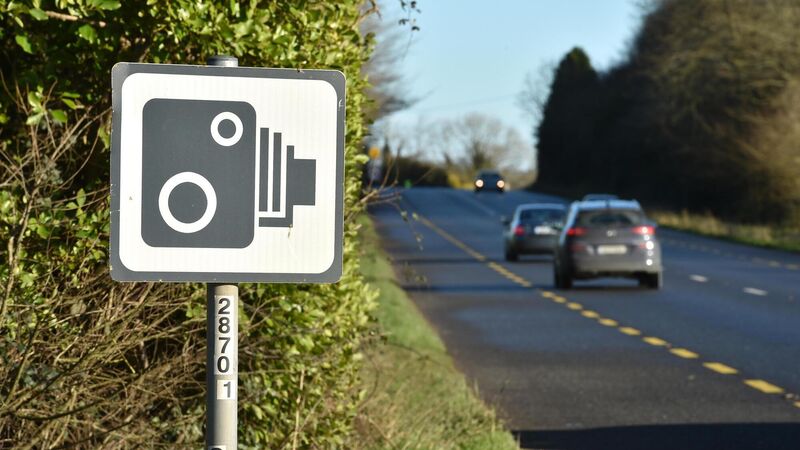Irish Examiner view: Change in the RSA can't come soon enough

As long ago as last April, more than 30 road safety advocacy bodies expressed the opinion that the RSA was no longer fit for purpose and was failing in its core mission. Picture: Dan Linehan
The fact that the Road Safety Authority (RSA) seems set to lose much of its sources of income might appear to be a retrograde step, but it may actually be the correct course of action to try and reduce our spiralling road death statistics.
Currently, the RSA’s €95m budget is solely raised through NCT charges, driving test fees, and licence renewals, but the organisation’s remit has become too broad and lacks focus.
















